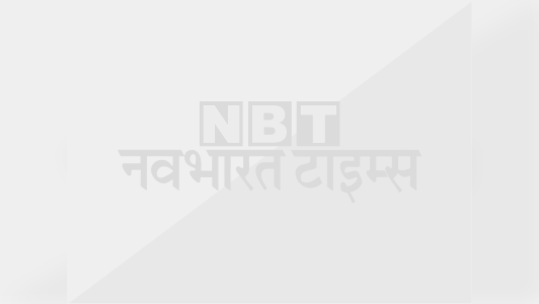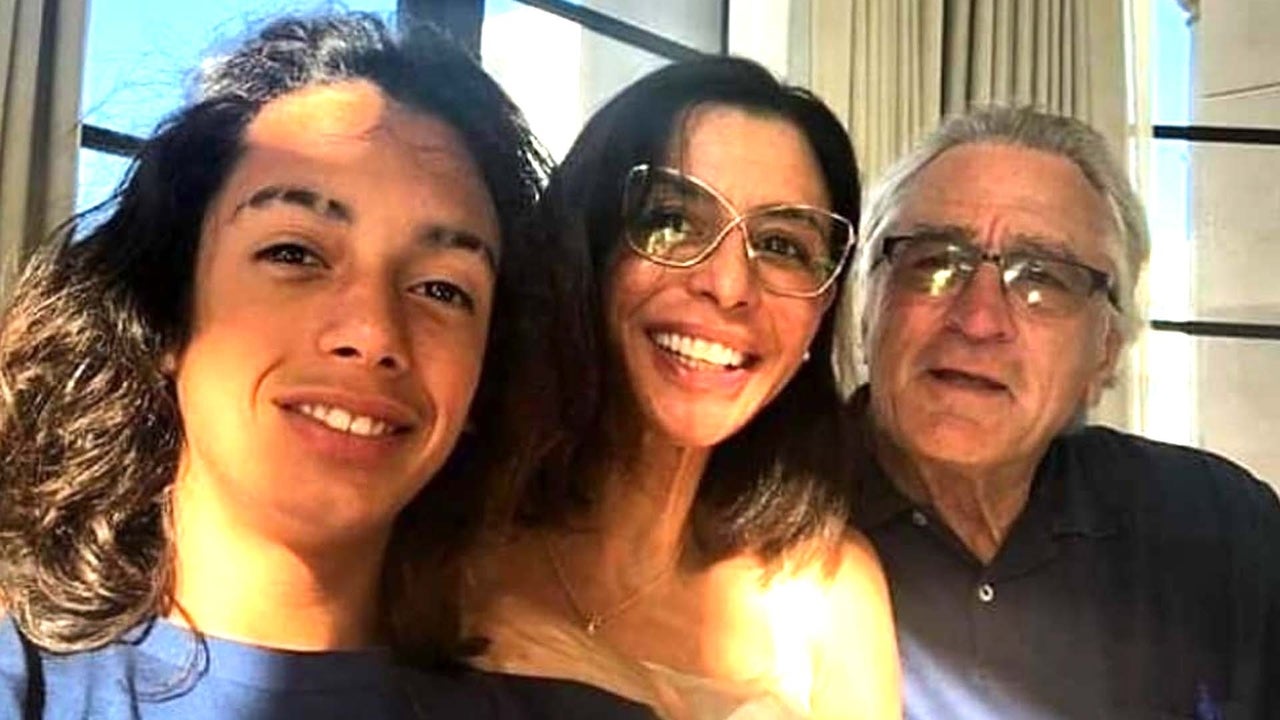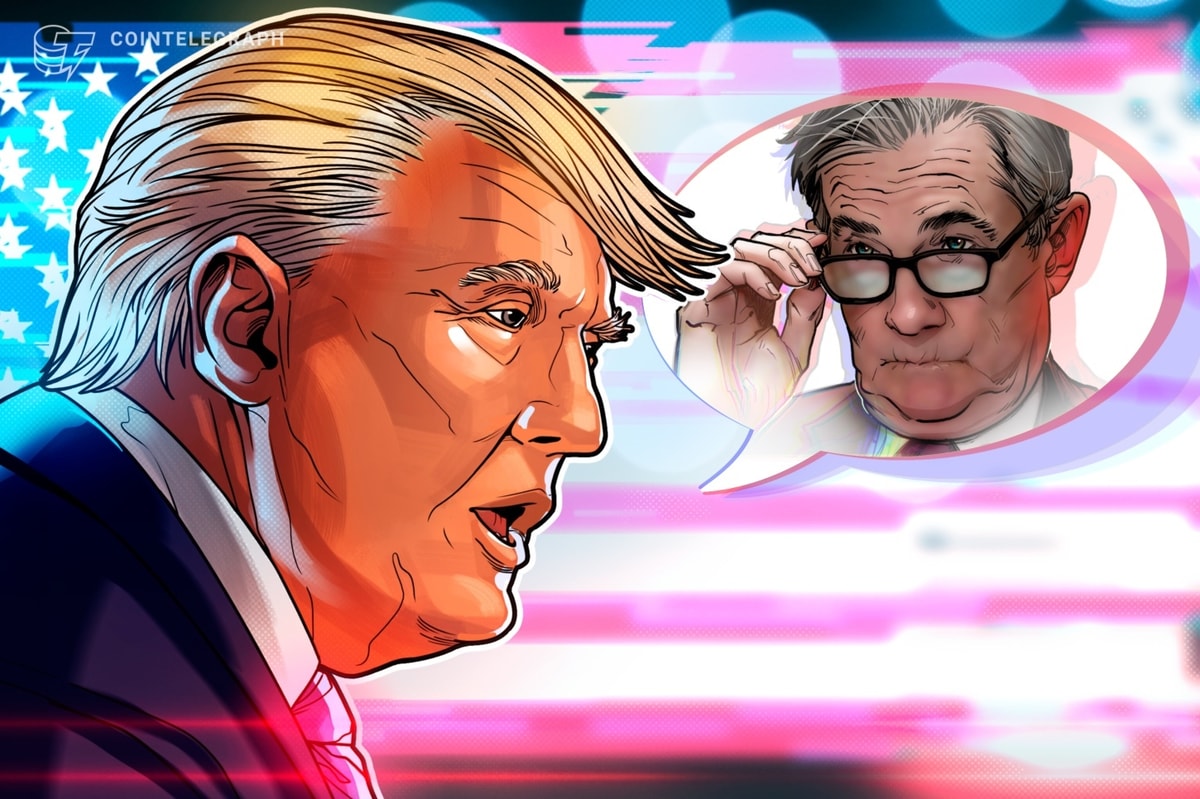What’s the whole deal?
In 1960, India and Pakistan signed the Indus Basin Treaty. The purpose of the agreement was to resolve disputes over the sharing of water from rivers flowing across the border. The agreement was reached after nine years of negotiations. Under this, most of the water of the Indus, Jhelum and Chenab rivers was given to Pakistan. While the water of river Ravi, Beas and Sutlej was given to India. But India can use the water of these three rivers for irrigation and power generation.
Controversy over the Kishanganga Ratle project
The most recent controversy is the Kishanganga and Ratle hydroelectric projects. These projects are in Jammu and Kashmir. Pakistan says these projects could cause water shortages and are a violation of the Indus Basin Treaty. India says these projects are in accordance with the provisions of the Indus Basin Treaty and will not affect Pakistan’s share of the water. In 2015, Pakistan requested the appointment of an impartial expert to address its objections to the projects.
Pakistan changed its course, now it got a shock
However, a year later, Pakistan changed its position. They have demanded that the dispute should be resolved by an arbitration court. India does not agree with this dual process. India says that according to the Indus Water Treaty, the decision of a neutral expert should be awaited first. Michael Leno, an impartial expert appointed by the World Bank, announced his decision on Monday. Leno said he was qualified to decide on the merits of the differences between India and Pakistan on both projects. India has welcomed this decision.
The neutral expert favored India.
The foreign ministry said the decision supports India’s position that all seven questions sent to the neutral expert on the Kishanganga and Ratale hydropower projects fall within its competence under the treaty. The Ministry of External Affairs added that India welcomes the decision given by the neutral expert under paragraph 7f of the Indus Water Treaty, 1960. Now the neutral expert will hear the case next and give his final verdict on all the seven issues.
India is ready to cooperate with the neutral expert.
India is ready to cooperate with neutral experts. But will not participate in the proceedings of the arbitral tribunal in The Hague. India says that running two separate processes is against the rules of the Indus Basin Treaty. The Ministry of External Affairs said that it has been India’s consistent and principled position that only a neutral expert is authorized to adjudicate these differences under the treaty.
India is in contact with Pakistan.
For this reason, India neither recognizes nor participates in the proceedings of an illegally constituted arbitral tribunal. The Ministry of Foreign Affairs said that India and Pakistan are also in touch on the issue of amendment and revision of the Indus Basin Agreement.

 Indus Water Treaty: Pakistan’s response to India’s notice, demand for an agreement, know what was said?
Indus Water Treaty: Pakistan’s response to India’s notice, demand for an agreement, know what was said?







![You’ll Probably Never Guess What Live Musical Performance Blew This Sinners Star Away [Exclusive] – SlashFilm Trending Global News You’ll Probably Never Guess What Live Musical Performance Blew This Sinners Star Away [Exclusive] – SlashFilm Trending Global News](https://www.slashfilm.com/img/gallery/youll-probably-never-guess-what-live-musical-performance-left-a-mark-on-this-sinners-star/l-intro-1745021921.jpg)



